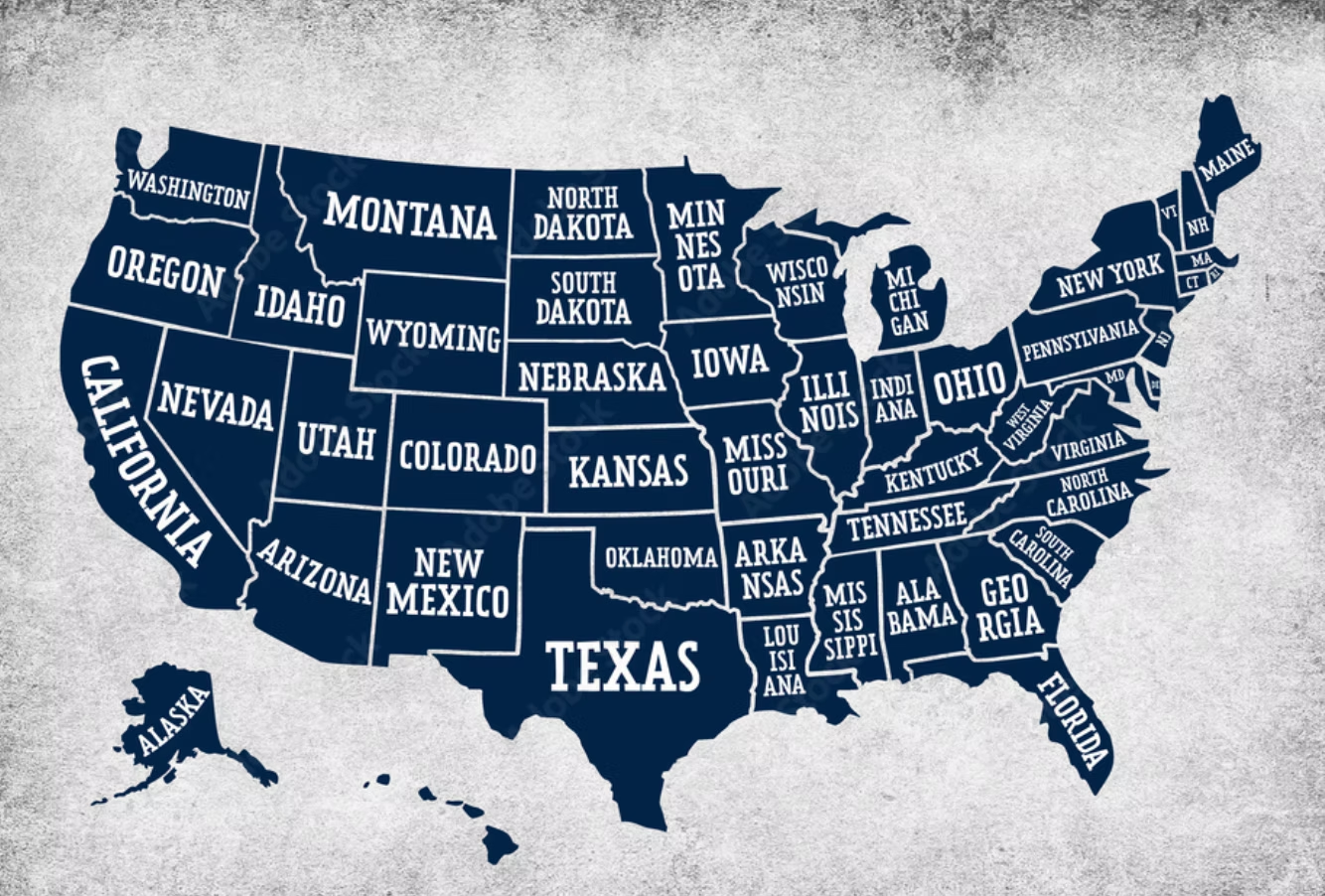Table of contents
Executor Compensation by State (2025)
Source: World Population Review
Key Considerations for Executors
- Will Provisions: If the decedent's will specifies compensation, that amount typically governs, provided it aligns with state laws.
- Reasonable Compensation: In states without statutory formulas, courts determine fees based on factors like estate complexity, time invested, and customary rates.
- Tax Implications: Executor fees are considered taxable income, whereas inheritances are generally not. Executors who are also beneficiaries might opt to waive fees to minimize tax liabilities.
- Reimbursement: Executors are entitled to reimbursement for out-of-pocket expenses incurred during estate administration, separate from their compensation.
- Extraordinary Services: Courts may approve additional compensation for services beyond standard duties, such as managing litigation or business operations.
Disclaimer: Please note that the information provided in this article is for general informational purposes only and should not be construed as legal advice. It is always recommended to consult with a qualified legal professional for advice tailored to your specific situation. No liability whatsoever is accepted by EstateMin from any action taken in reliance of the information contained on this website.

